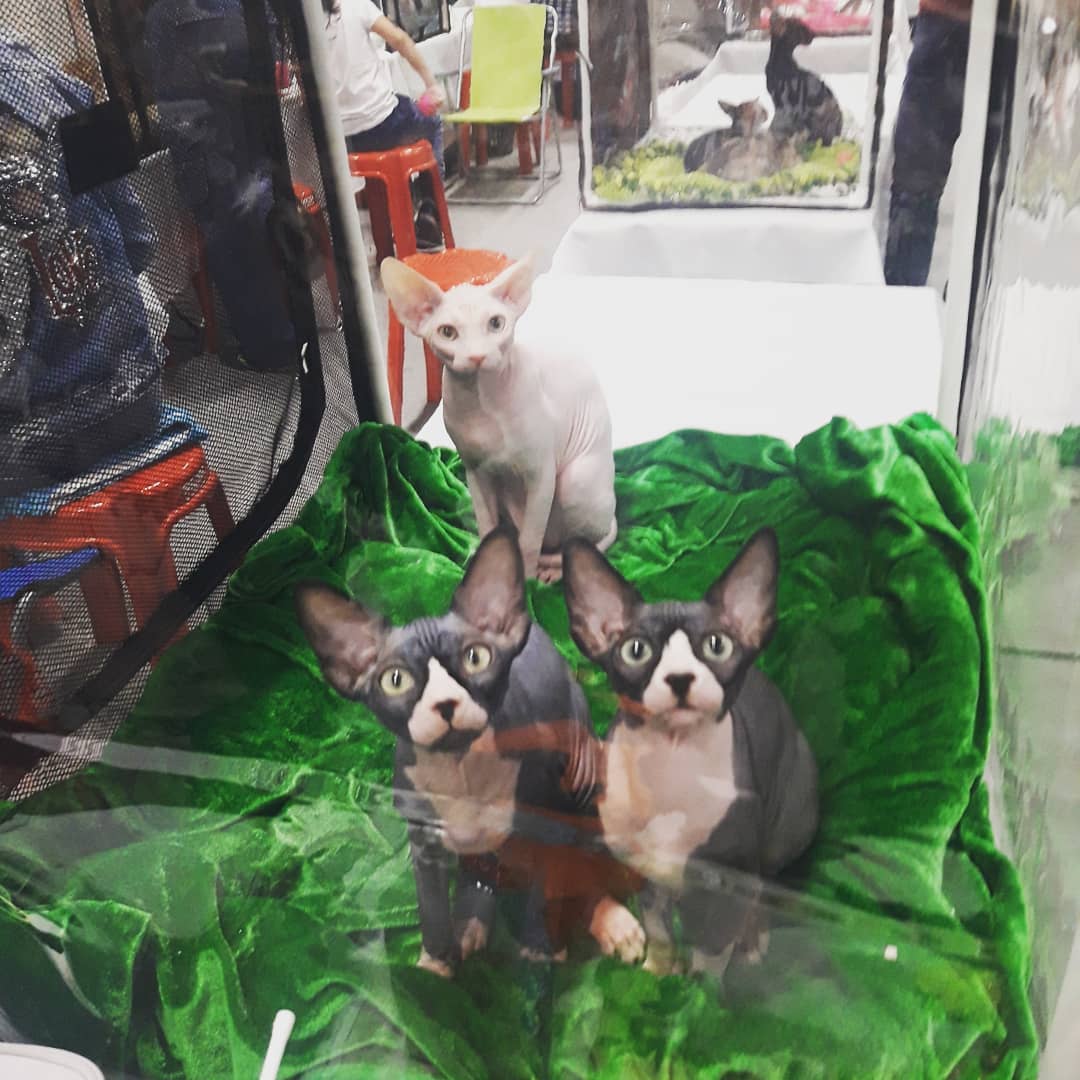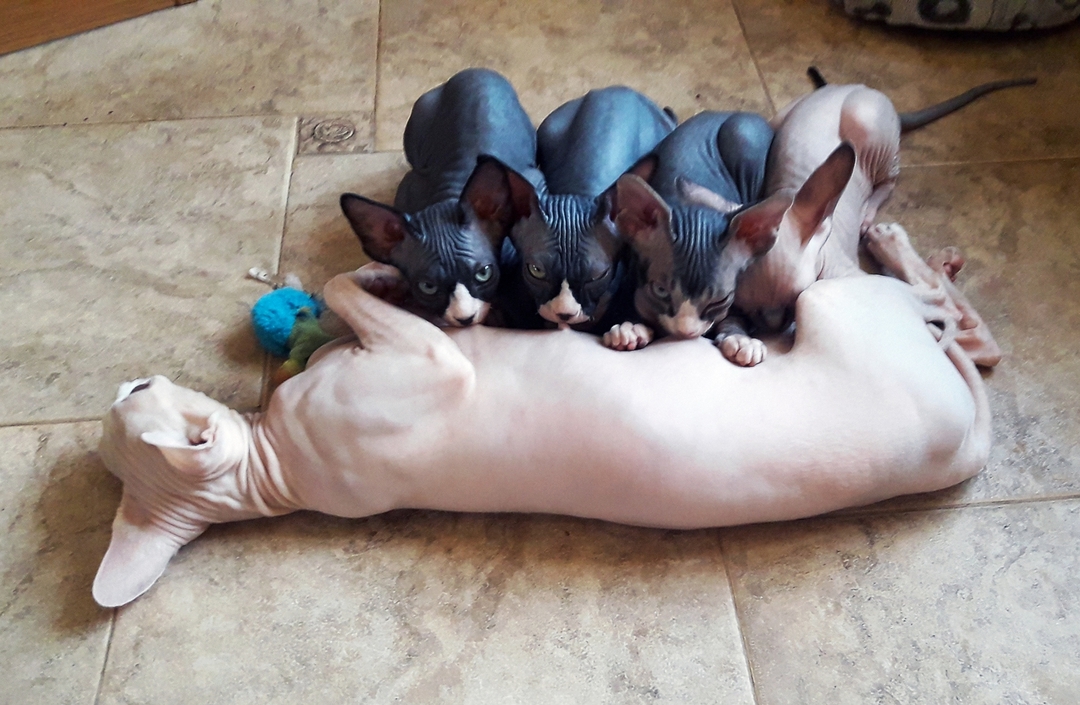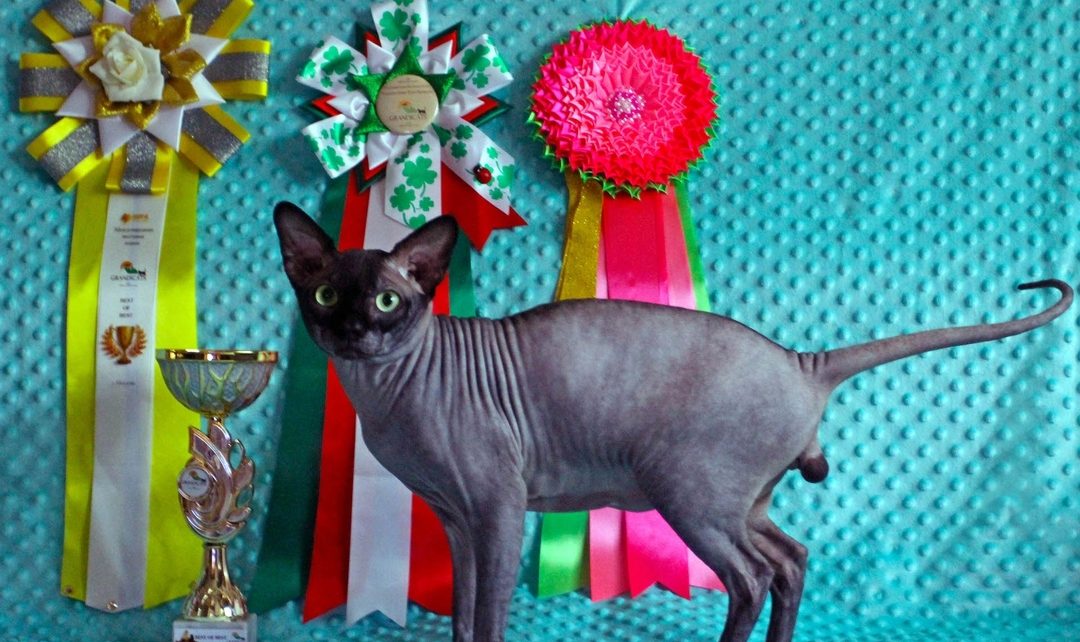
Photos taken from instagram account instagram.com/sphynxspace/
In large segments of the United States population, couples are not having children, fewer kids, or waiting until later l in ife. This may account for the growing multi-billion-dollar industry related to pets: Dog dadaycarePet therapists. Organic pet food. These are all words that are as common to hear and convey as lol and emojis. And hearing “my child” is a dog [cat, or fill in the blank] is a norm. It is at the time of divorce, the pets sometimes become focal points. Both litigants “love” the dog and want him/her; in more acrimonious divorces one wants the pet merely because the other does. This blog addresses the pets who get caught in the crosshairs (or pet hair) of divorce.
One of the most frustrating legal concepts for litigants is that pets—the living and breathing animal you sleep with at night—are considered personal property like clothes and dishes. The law does not account for pet custody and parenting time. So, this raises the question, “Who gets the beloved dog?” The answer is sometimes hard to accept: “it depends”.

In some cases, “parents” craft and agree to elaborate pet visitation schedules. For lawyers, it is much like the “bar fight”. Every attorney will handle one in his or her careers. These provisions can be drafted and agreed to but are difficult to impossible to enforce in court for a number of reasons. The most practical is divorce courts have many litigants and allocating time and judicial resources to “pet” disputes is too much. From a legal standpoint, since a pet is “property” a trial court loses jurisdiction over property issues after the time has run for appeal. It is doubtful any trial court would allocate enforcement powers to facilitate pet parenting after the divorce is done. Nevertheless, in the right type of case, pet provisions may exist.
So, is all lost if you want the dog or cat? No. The court has the authority and wide discretion to divide real and personal (pets) property in a variety of ways. Thus, it may hear evidence of who purchased the pet to who takes the pet to the vet, pays for food or daycare to make this decision in divorcing the parties. The legal issue is much like a family heirloom—the evoke so much emotion judges will sometimes allocate time for these arguments. Legally speaking, this is costly to litigate for a “thing” but it may make sense in the right case.
What occurs in most cases where pets are an issue of contention is the party who is willing to give up the most is the weakest; and he or she may have the pet used as a bargaining chip in dividing the marital estate. The question unfortunately becomes how much are you willing to give up to get “Bella”, “Lucy”, or “Daisy”—the most common female dog names at this time. This is the legal reality where pets intersect with divorce. Now you know.
This blog is written by attorneys at Ciyou & Dixon, P.C. who handle domestic cases of all types and complexities throughout Indiana. It is written for general educational purposes and is not intended as legal advice or a solicitation for services. It is an advertisement.
If you want to buy a Canadian sphinx, write to the direct of our instagram instagram.com/sphynxspace/



